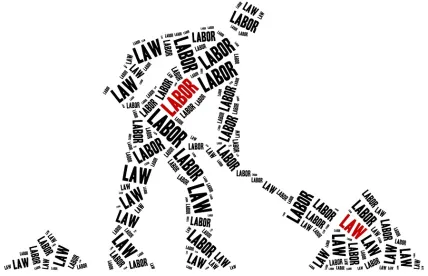In lightning-fast fashion, Kentucky became the 27th state to enact right-to-work legislation over the weekend. After the 2016 elections, in which Republicans took control of the Kentucky House of Representatives for the first time since 1920, right-to-work was at the top of the agenda. Governor Matt Bevin signed the bill (HB-1) into law on Saturday, January 7, 2017—the same day the bill was approved by the Senate and just two days after the House passed it. The law took effect immediately upon its passage.
The Kentucky law closely follows the language of similar provisions enacted in recent years by Wisconsin and Indiana, whose laws have survived various legal challenges in state and federal courts. The law provides that no employee may be required, as a condition of employment, to be a member of a union or to pay any dues or other payments of any kind to a union. Accordingly, the law bans “union security” or “closed shop” clauses in collective bargaining agreements. The law will not alter or invalidate such provisions in collective bargaining agreements that already were in effect as of the law’s effective date, but will prohibit such terms in any new contracts, as well as any extensions or renewals of contracts entered into after the law’s effective date. The law provides for civil and criminal penalties for any labor organization, employer, or other person who violates the law.
Employers with unionized workforces in Kentucky may want to evaluate how and when their current agreements may be affected upon expiration and ensure that any future agreements or extensions of agreements are in compliance the new law. Kentucky employers may also want to become familiar with the new law and prepare to respond carefully to the many anticipated employee questions about the law.
In the same session on Saturday, Kentucky also repealed its state prevailing wage law, which had required that employers pay wages based upon area surveys (typically based upon union pay scales in the area) for work performed on publicly-funded construction projects. The repeal is expected to make state-funded projects more affordable for taxpayers and to help green-light various projects that have been stalled due to cost concerns.




 />i
/>i

